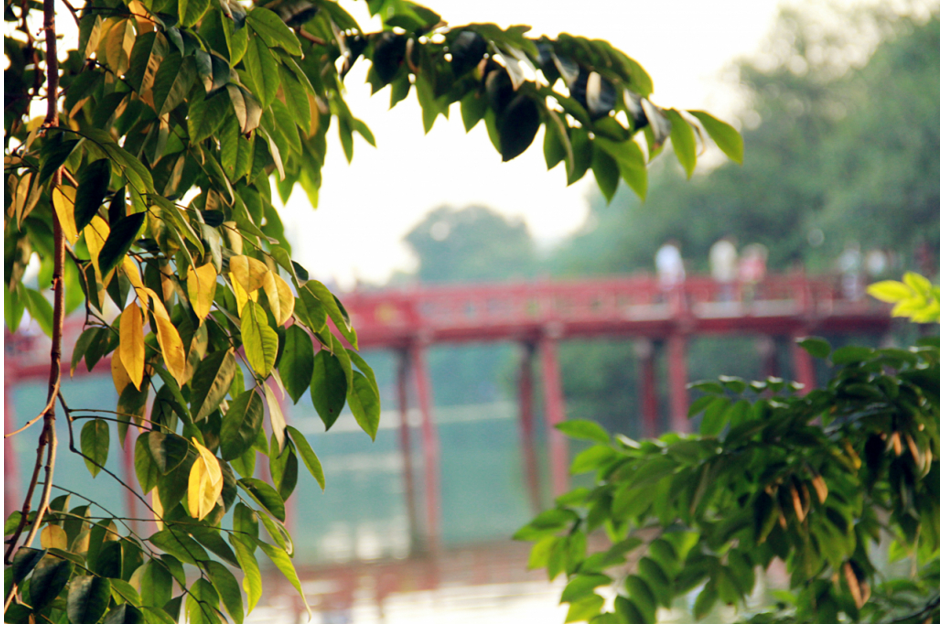About Hanoi
Hanoi (UK: /(ˌ)hæ-, həˈnɔɪ/ ha-, hə-NOY or US: /hɑː-/ hah-NOY; Vietnamese: Hà Nội is the capital of Vietnam. It covers an area of 3,328.9 square kilometres (1,285 sq mi). With an estimated population of 7.7 million as of 2018, it is the second largest city in Vietnam.
The metropolitan area, encompassing nine additional neighbouring provinces, has an estimated population of 16 million. Located in the central area of the Red River Delta, Hanoi is the commercial, cultural, and educational centre of Northern Vietnam. Having an estimated nominal GDP of US$32.8 billion, it is the second most productive economic centre of Vietnam, following Ho Chi Minh City.
Originally a small settlement along the banks of the Red River, the city was founded as Thăng Long, the capital of Imperial Vietnam, in 1010 by monarch Lý Thái Tổ. Thăng Long would remain the most important political and cultural centre of Vietnam until 1802, when the Nguyễn dynasty, the last imperial dynasty of Vietnam, moved the capital to Huế.

Thăng Long renamed to its current name Hanoi in 1831. In 1873, Hanoi was conquered by the French, and from 1883 to 1945, the city was the administrative centre of French Indochina. The French colonisation left a lasting impact on the city's architecture that is visible today, as showcased through the juxtaposition of French-styled avenues, bridges, buildings, and traditional Vietnamese architecture.
From 1940 to 1945, Hanoi was occupied by the Japanese forces. On 6 January 1946, the National Assembly of the Democratic Republic of Vietnam designated Hanoi as the capital of the newly-independent country, which would last during the First Indochina War (1946–1954) and the Vietnam War (1955–1975). Following North Vietnamese victory in 1975, Hanoi has been the capital of a reunified Vietnam since 1976.
On 16 July 1999, the UNESCO presented the title "City for Peace" to Hanoi. Today, Hanoi is a thriving economic hub and one of the most popular tourist destinations in Vietnam. It hosts various venerable educational institutions and cultural venues of national significance, including the National University, the Mỹ Đình National Stadium, and the National Museum of Fine Arts. Hanoi joined UNESCO's Network of Creative Cities as a Design City on October 31, 2019 on the occasion of World Cities’ Day.